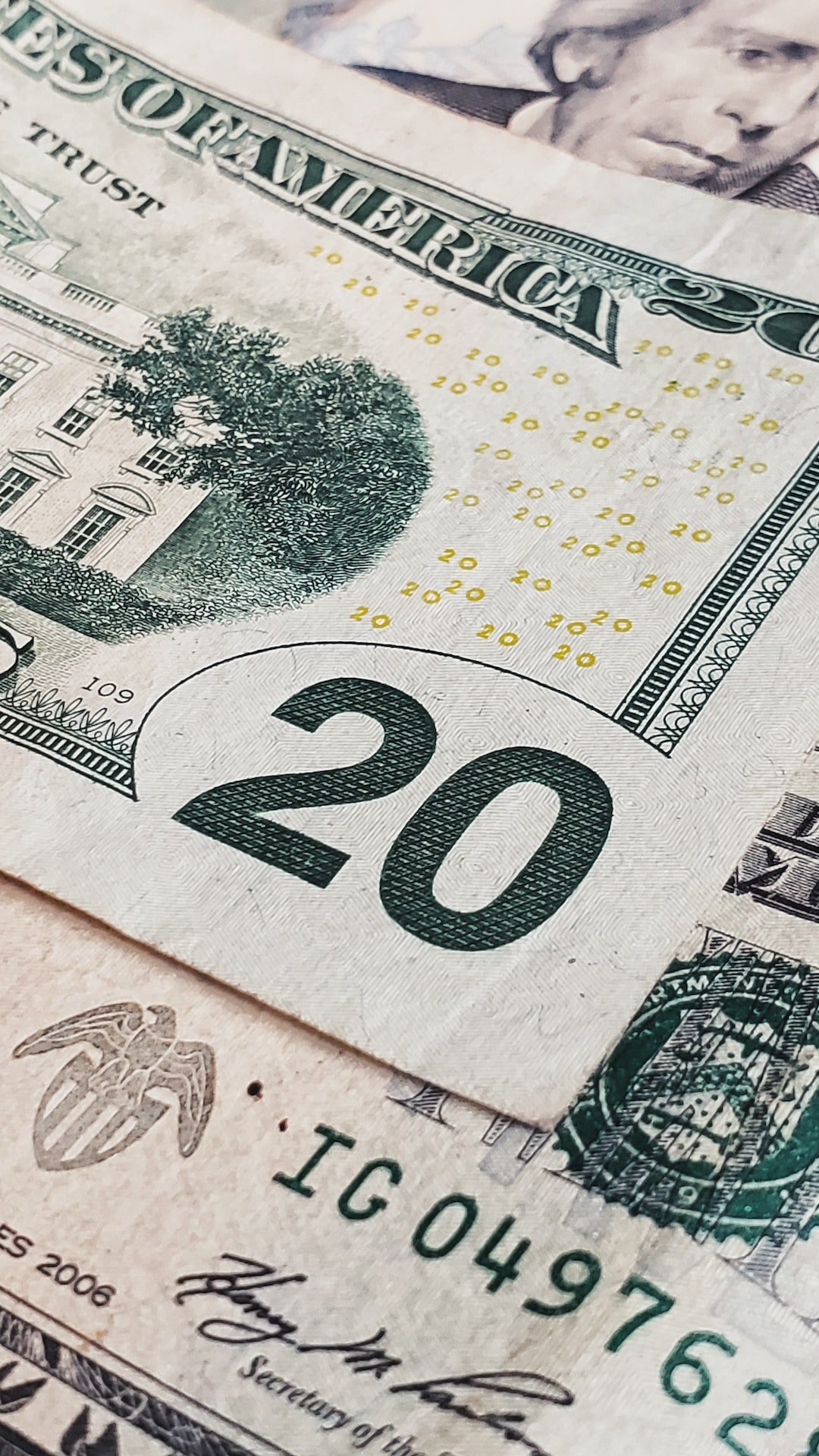The Psychology of Spending: How to Avoid Impulsive Purchases
We’ve all been there – standing in line at the checkout counter, staring at an enticing display of candy or magazines. Before we know it, we’ve added a few unnecessary items to our cart, only to regret the impulsive purchases later. Why do we succumb to these temptations? Understanding the psychology of spending can help us avoid impulsive purchases and make more rational decisions with our money.
One of the primary reasons behind impulsive spending is our emotions. When we’re feeling stressed, sad, or even happy, we often turn to retail therapy as a means of comfort. The temporary surge of pleasure we get from buying something can provide a quick distraction or escape from negative emotions. Retailers are well-aware of this, which is why they strategically place tempting items near the checkout or create appealing advertisements that tap into our emotional vulnerabilities.
Another psychological factor that influences impulsive spending is the phenomenon called the “scarcity mindset.” When we believe that a product is limited in quantity or time, we’re more likely to feel a sense of urgency to purchase it immediately. Limited-time offers, flash sales, and phrases like “while supplies last” all play into this psychological trick. By creating a fear of missing out (FOMO), retailers are able to instill a sense of urgency and encourage us to make snap decisions without considering the true value or necessity of the purchase.
Furthermore, the impact of social influence on impulsive spending should not be underestimated. We often find ourselves comparing our possessions and lifestyles to those of others. This social comparison can lead to feelings of inadequacy or a desire to keep up with the Joneses. Advertisements featuring influencers or celebrities possessing desirable items can be powerful triggers for impulsive spending. Understanding that this urge stems from social pressures can help us resist the impulse to buy.
So, how can we avoid falling into the trap of impulsive purchases?
First and foremost, self-awareness is key. Take a moment to reflect on your emotional state before making a purchase. Are you buying to alleviate stress or fill an emotional void? Recognizing these emotions can help you find healthier coping mechanisms that don’t involve spending money unnecessarily.
Next, practice delayed gratification. When you feel the urge to buy something impulsively, make a mental note and give yourself time to think it over. Walk away from the purchase and set a rule for yourself, such as waiting 24 hours before making a final decision. Often, you’ll find that the initial impulse fades, and you no longer feel the need to make the purchase.
Budgeting and setting financial goals are also effective strategies to curb impulsive spending. By tracking your expenses and allocating your money towards specific goals, you’ll have a clearer perspective on what truly matters to you. Consulting your budget before making a purchase can help you determine whether the item aligns with your priorities and values.
Lastly, surround yourself with like-minded individuals who appreciate the value of mindful spending. Finding a supportive community that encourages responsible financial habits can help you stay on track and resist the temptation of impulsive purchases.
In conclusion, impulsive spending can wreak havoc on our finances and leave us feeling regretful. However, by understanding the psychology behind our spending habits, we can become more aware of our triggers and develop smarter strategies to avoid impulsive purchases. Remember, making intentional and thoughtful choices with your money will ultimately lead to a more fulfilling and financially secure life.

